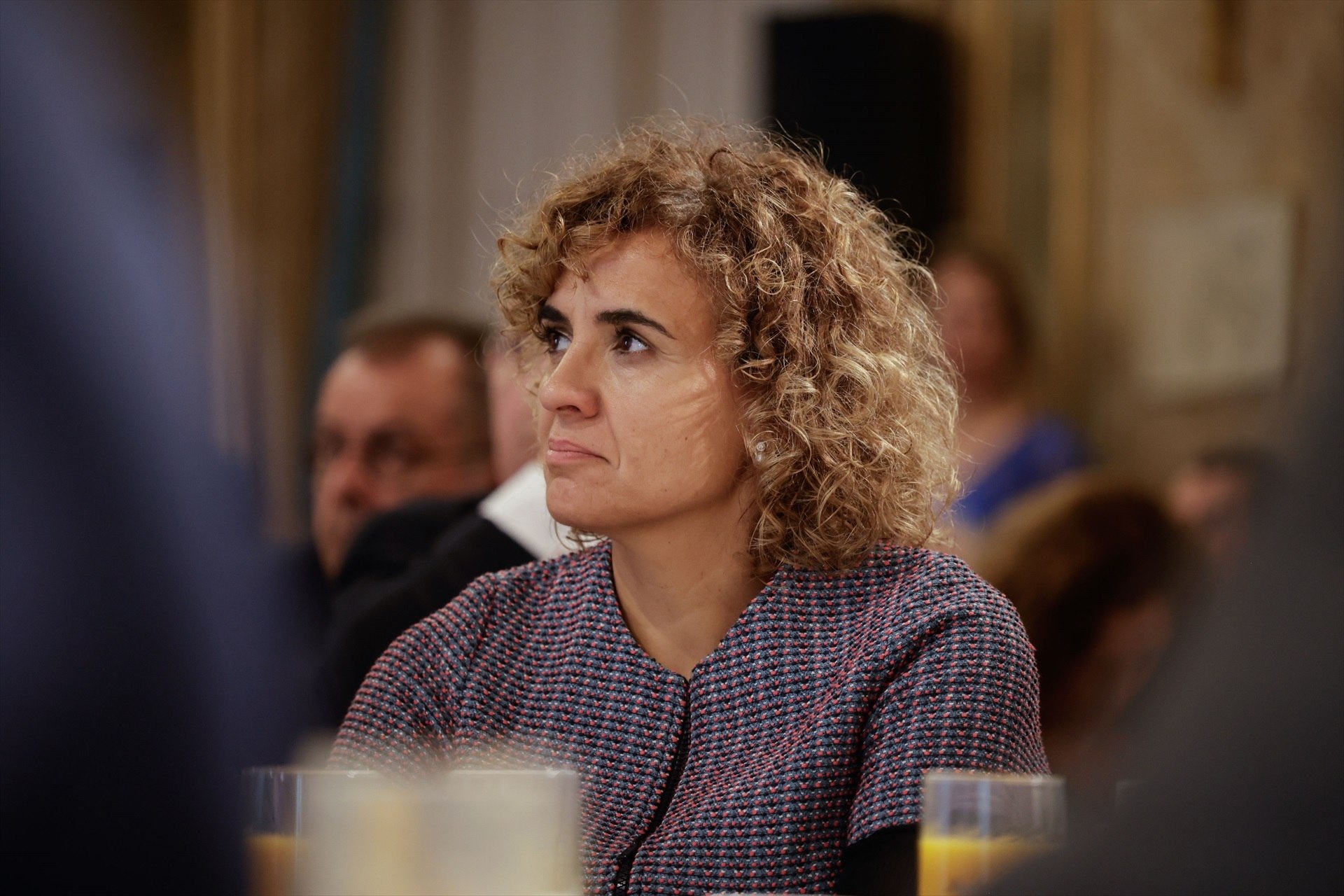The Catalan language NGO, Plataforma per la Llengua, has sent a letter to the president of the European Parliament, Roberta Metsola, denouncing the "political bias" of the mission by MEPs who are to evaluate language immersion in Catalonia next week. The organization points out that the mission is a "waste of public funds" and that People's Party MEP Dolors Montserrat is abusing her position as chairperson of the Petitions Committee of the European Parliament (PETI) to make partisan use of it with the aim of "actively going against the Catalan-speaking minority" in Spain.
The president of the Plataforma, Óscar Escuder, has asked Metsola to intervene to stop this "biased and partisan" use of PETI and to "defend the linguistic rights of minorities", in accordance with the treaties and European values. Plataforma per la Llengua recalls that Montserrat has forged ahead with the mission while ignoring the pronouncements of the European Commission, which on three occasions has determined that the language used in education is "the exclusive competence of Spain", that "the Commission is not competent to examine the case" and that there is "no common European legal framework" that would allow EU intervention. In fact, the NGO also points out that European political groups such as the Socialists and Democrats, the Left and the Greens are boycotting this mission because of its "political use" and PETI's lack of competence to carry it out.
As well, the organization complains that the mission has not been conceived as an independent analysis, but seeks to attack the school model used in Catalan. "We want to report that the mission is an absolute affront and that it shows very little sign of pluralism, given that most of the meetings follow the political interests of the chair, Dolors Montserrat", they warn, since most of the people with whom the MEPs will meet are clearly against the Catalan-based school model.
UN expresses concern about Catalan in schools
In the letter, Escuder also recalls that it is Catalan that is persecuted in the schools of Catalonia, and that, in fact, the Spanish nationalist attacks contribute to worsening its situation. In this regard, it recalls that in 2019, the then-UN special rapporteur for minority affairs, Fernand de Varennes, denounced that the Spanish state did not recognize the existence of its linguistic minorities and that it did not pay enough attention to monitoring hate speech against these minorities on the Internet or fight against xenophobic intolerance expressed by politicians. In addition, he points out that last October, the UN expressed concern about Catalan in schools and asked to review recent judgments of the Catalan High Court which demand that schools use higher levels of Spanish.

